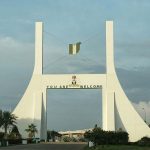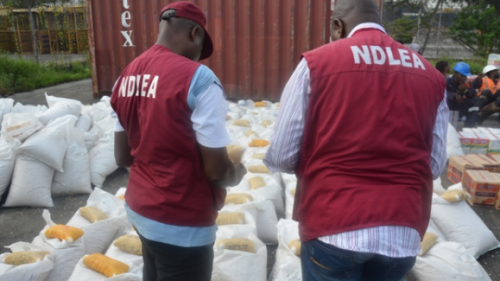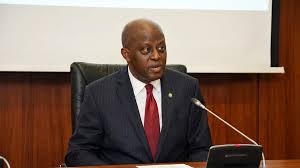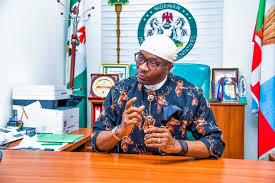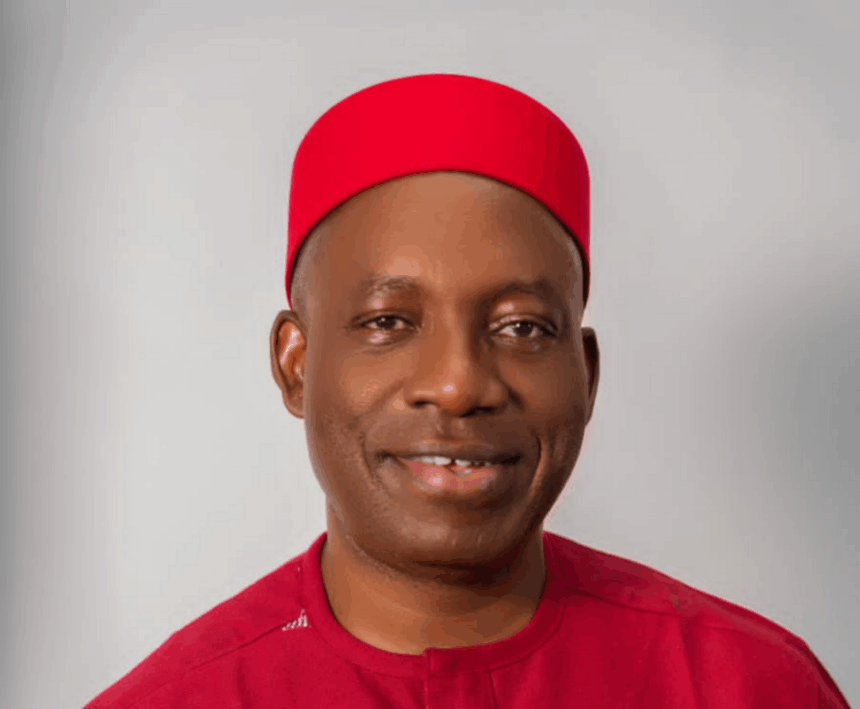Issues As Democratic Governance Returns To Rivers State Today
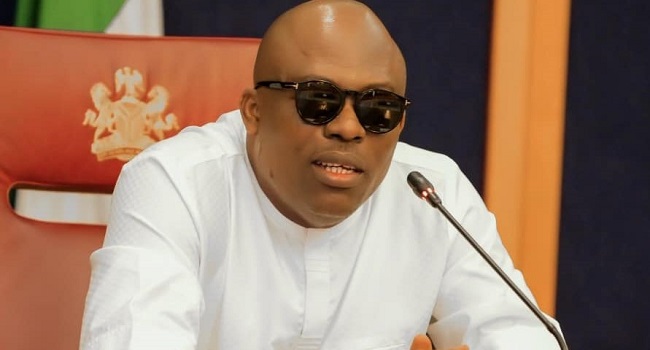
Rivers State has resumed full democratic governance today, marking the end of one of the most turbulent chapters in Nigeria’s contemporary political history.
A saga that pitched godfather against godson, split the ruling party in the state, the Peoples Democratic Party, PDP down the middle, and tested the resilience of Nigeria’s democratic institutions.
The crisis that engulfed Rivers State was not an overnight eruption as it grew out of the fragile relationship between the state governor, Siminalayi Fubara and his political benefactor, former governor of the state and current Minister of the Federal Capital Territory, Nyesom Wike.
What began as subtle disagreements over control of state structures soon escalated into a full-blown political war
Lawmakers loyal to Wike clashed with the governor’s loyalists, producing a divided House of Assembly.
At the heart of it lay a familiar Nigerian dilemma; how much control a political godfather should retain once his protégé takes office.
The impasse threatened to engulf not just Rivers State but the entire South-South region. wary of the crises, President Bola Tinubu intervened to avoid destabilising the Niger Delta’s fragile peace and its oil dependent economy.
But President Tinubu’s declaration sparked legal concern as the constitutionality of his actions was questioned.
The president was accused of abuse of power as he has no legal backing to sack a democratically elected government in any state of the federation.
Attempts at such unconstitutionality by previous administration particularly former President Olusegun Obasanjo were reversed by the Supreme Court of Nigeria, with unjustly removed governor’s reinstated.
Emboldened by this precedent, 11 governors ejected on the platform of the Peoples Democratic Party, PDP approached the apex court seeking legal interpretation of the declaration.
Th case is still pending before the court.
A deal was struck at the presidential villa paving the way for suspended lawmakers to be recalled, the embattled Speaker reinstated, and Fubara be allowed to govern but with strings attached.
This uneasy truce formed the foundation of the current “return” of democratic governance.
For months, Rivers existed under a declared state of emergency. The legislature was paralysed, the judiciary caught in political crossfire and the executive hobbled by uncertainty.
In an unprecedented twist, the National Assembly approved the state’s budget in Abuja, a move critics saw as both unconstitutional and symbolic of just how deeply democratic governance had collapsed in the state.
For ordinary citizens, governance meant stalled projects, delayed salaries, and uncertainty about the future.
As part of the peace deal, hurriedly packaged local government elections were conducted. But for many Rivers people, they were mere cosmetics, a showpiece to lend legitimacy to a fragile peace.
With candidates prearranged and outcomes predictable, the polls did little to deepen grassroots democracy but instead, became part of the larger choreography designed to keep the peace pact intact.
Perhaps, the most intriguing part of the arrangement was the unwritten pact that Governor Fubara will only serve a single term.
This gentleman’s agreement was seen as the gum that held the deal together as it provided Wike and his allies the assurance that they will regain full control of the state in 2027 while also giving President Tinubu, the leverage to shape Rivers politics in line with his broader national strategy
In this sense, Wike is seen to have effectively placed Rivers in Tinubu’s political circle, ensuring a smooth handover come 2027.
As Rivers State marks the return of democratic governance, questions linger, “is this truly a restoration of democracy or merely a managed truce? Can a government born out of compromise deliver genuine governance, or will it remain hostage to the deals that rescued it?”
These are the concerns of a Rivers resident and political analyst, Okpro Oloye.
For a state as strategic as Rivers, which is Nigeria’s oil hub and a key political battleground, the answers will have national consequences.
What is clear, however, is that today’s resumption is not just about Rivers alone but a reminder of how fragile Nigerian democracy remains when personal ambitions collide with institutional responsibilities and how quickly the will of the people can be overshadowed by the bargains of the powerful.


